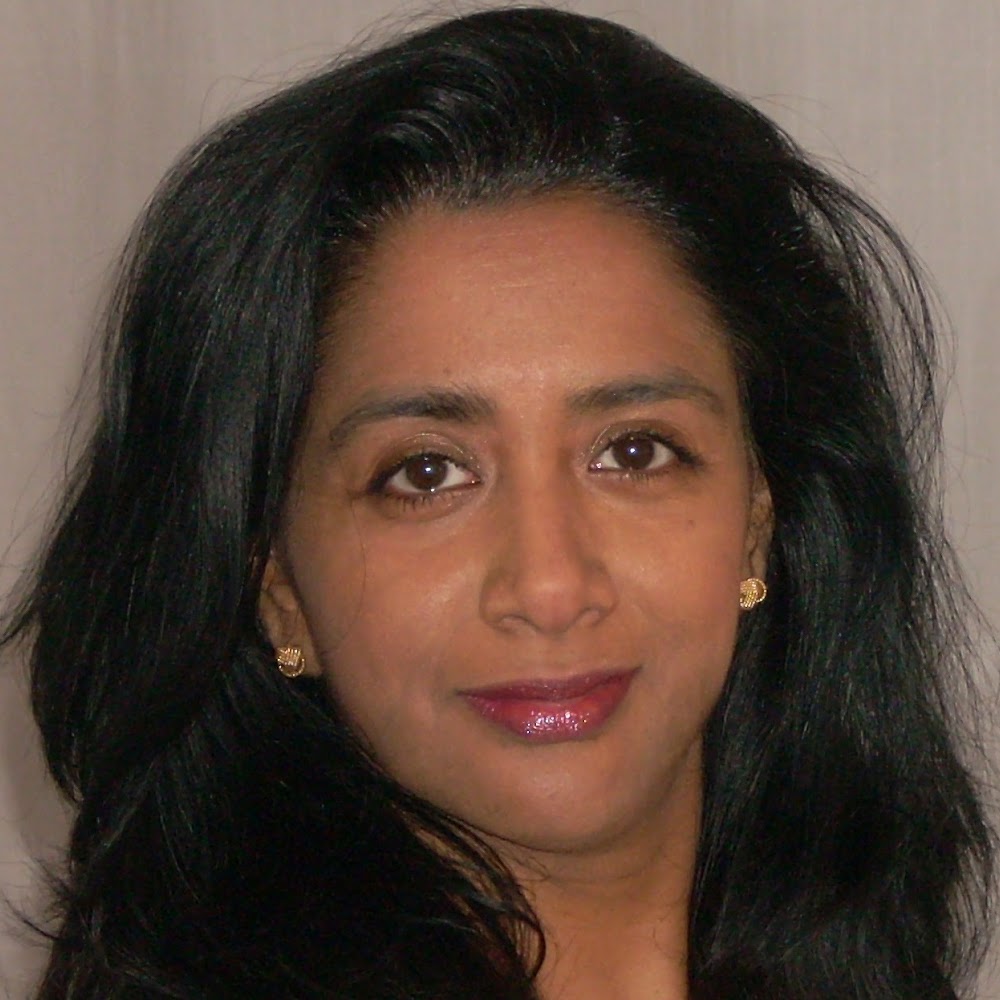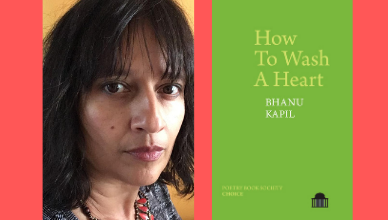I met Elif Shafak and heard her speak before I read any of her books. In person she is lovely, soft spoken, very kind and intense. On stage she is all those things plus she comes across as a deeply intelligent, thoughtful speaker with strong ideas. She conveys important thoughts about love, faith, culture, freedom of expression, feminism and women’s roles in the world.
Elif has achieved a lot. She is the author of thirteen books, a columnist, speaker and academic. She is the highest selling female author in Turkey, surpassed only by Nobel laureate Orhan Pamuk. She has won the prestigious Chevalier Des Arts et Lettres and been on award lists across the globe. Every event at which she speaks sells out, mostly to her female audience. She maintains deep interests in Sufism, language, migration, and cultural divides. Because she knows she needs independence and the freedom to write, she has chosen to live 1500 miles from her husband and to visit with him on weekends and holidays.
I’ve now read three of her books, all of which puzzled me. After each I was left thinking, well it was interesting, but not at all like something that was written by the woman I’ve heard speak so intensely. Listening to Shafak, one must concentrate to take in all that she says and means. Her words come back again to challenge after her events.
Each of her books was a good read, an easy read, in fact. But on the surface each seems to be written without the intensity that characterises her thinking.
It wasn’t till I finished Shafak’s novel The Forty Rules of Love that I understood what she was doing. In each of her novels she has taken a subject, be it Sufism in this book, or honour killing (Honour) or Ottoman history (The Architect’s Apprentice), wrapped it around a message about life, love, religion or the world. Her style has made it approachable, made it into something her audience can identify with.
In The Forty Rules of Love she has written a modern love story between a Jewish American housewife, Ella, and Aziz, a peripatetic sufi. Their stories are interspersed with the parallel story of the strong spiritual bond between Rumi and Shams of Tabriz. In each story a character, Ella in the present and Rumi in the manuscript, finds their relationships with Aziz and Shams lead them to question their relationships and the meaning of their lives.
Ella, who works for a literary agency, receives the manuscript called “Sweet Blasphemy” written by Aziz. “Sweet Blasphemy” is the story of a wandering dervish, Shams who, when he sees a vision of his death, knows he must find a companion with whom he can share his knowledge so that it will live beyond him. He seeks out Rumi, a renowned scholar and sufi, and develops a spiritual friendship with him that will change Rumi’s life. In a similar way, Ella is deeply affected by the message of the manuscript and her correspondence with its author, to the point where she is willing to give up her family and way of life in order to be with him.
These two stories mirror each other across two different cultures and through intervening centuries. Ella and Rumi both abandon previously held beliefs and paths that constrained and stifled them, to join a union that can never offer them lasting love, but can offer something more meaningful: a spiritual awakening, a path to their true selves.
With The Forty Rules of Love, Shafak challenges her own readers’ perspectives on love, relationships, faith and the constraints of a life lived trying to meet society’s demands. She guides them through Shams’ Forty Rules of Love gradually revealed, to think about their own lives and to reassess what is emotionally and spiritually fulfilling to them. She knows her readers, so has written the parallel stories in ways that subtly grab them and pull them in, increasingly relating to the characters and ideas she writes about.
In doing this, she is absolutely brilliant.
Adrienne is an independent curator, consultant and producer of live events focused on contemporary world literature. She is the Founder and former Director of the Asia House Bagri Foundation Literature Festival – the only festival in the UK dedicated to writing about Asia and Asians. Adrienne co-founded Anamika, a women’s educational group in India, has worked closely with the Pan Asian Women’s Association to promote Asian women writers and is a cross-cultural consultant to businesses.

